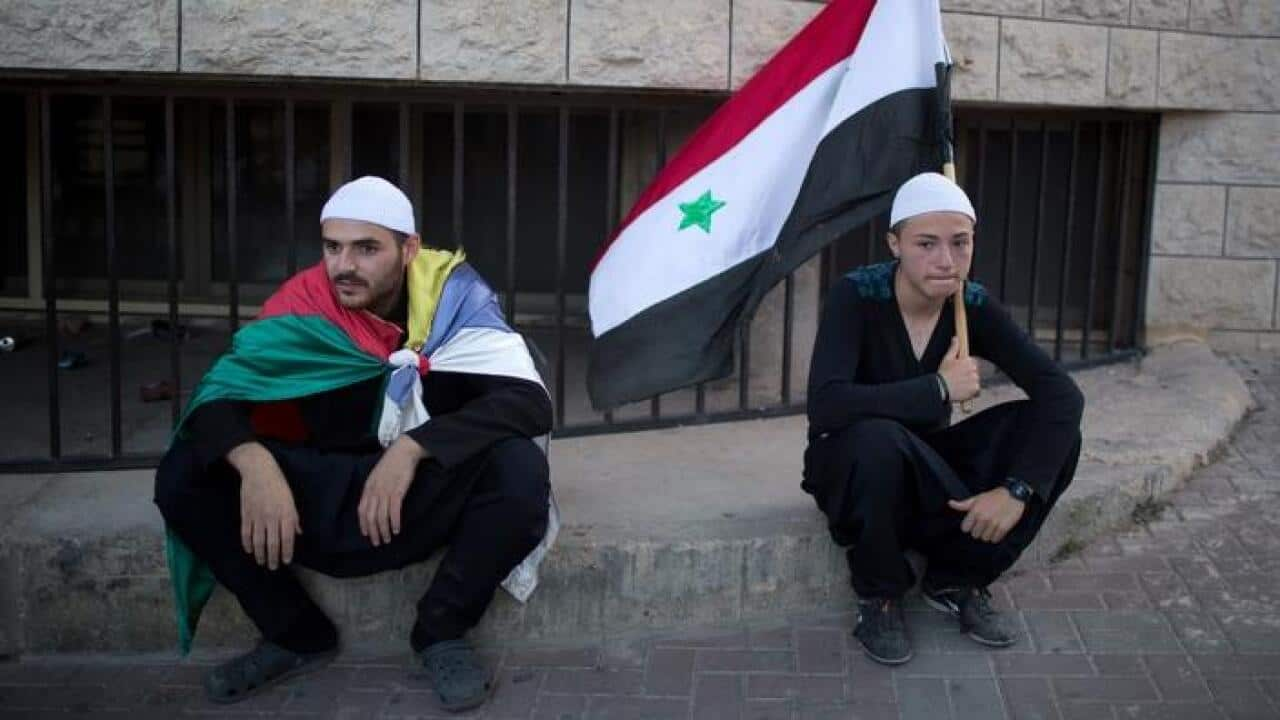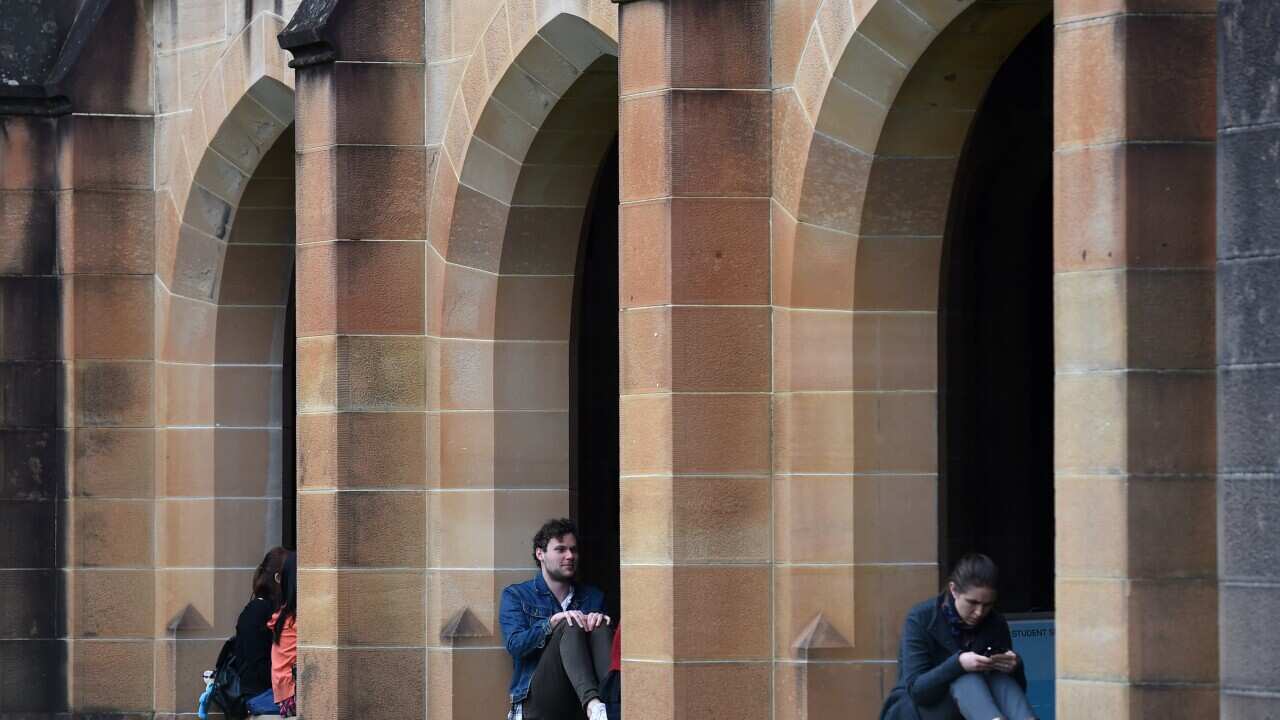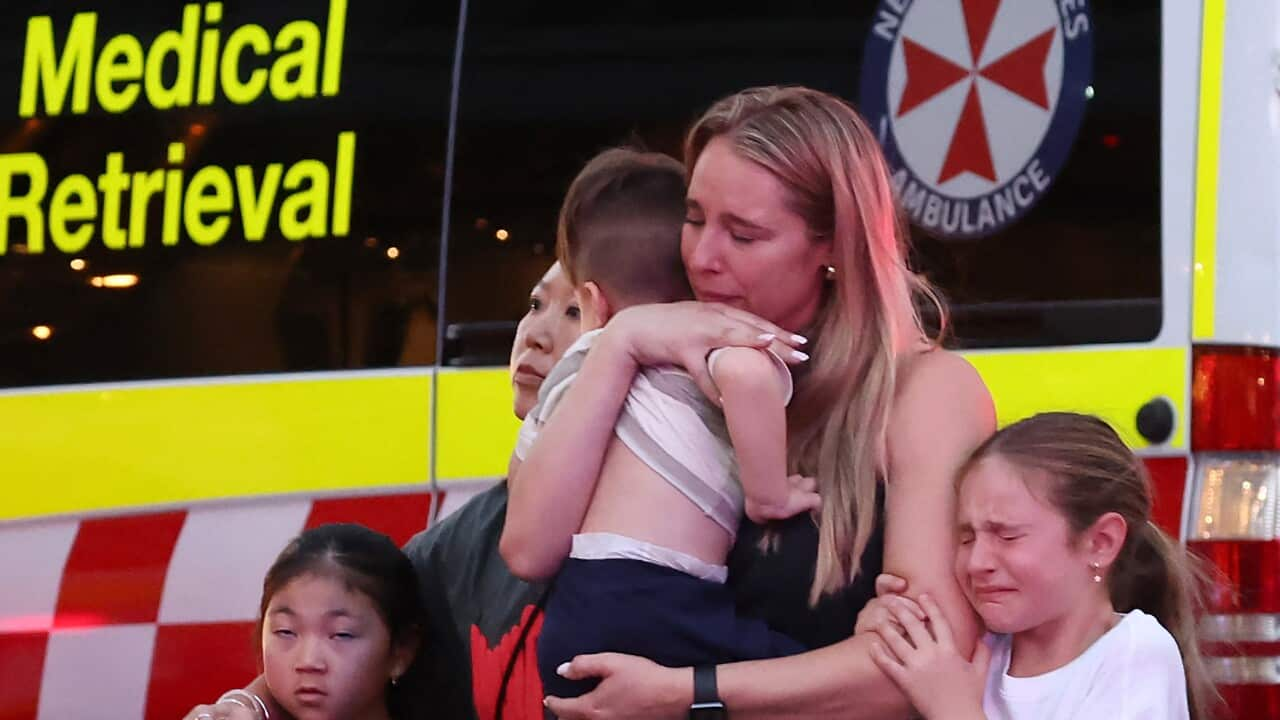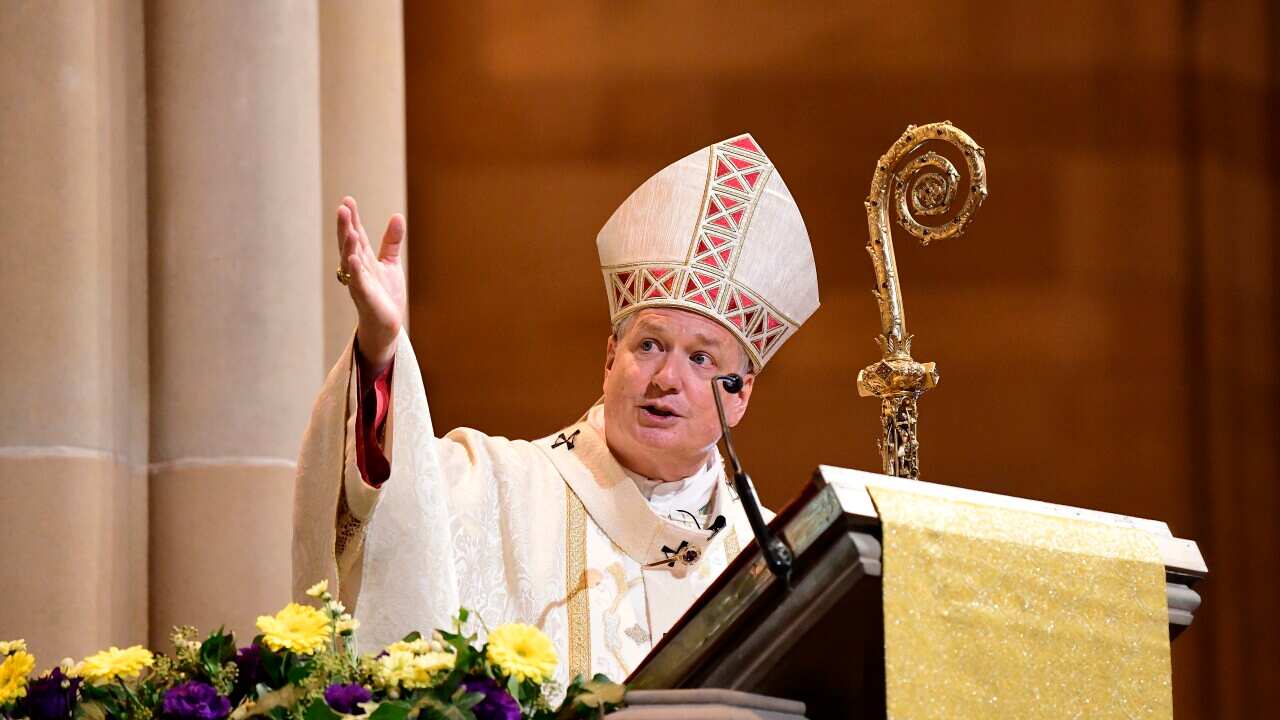Prime Minister Tony Abbott has outlined that Australia wants to ensure refugees permanently resettled in Australia under the government's new humanitarian plan are from persecuted minority groups: "There are Muslim minorities, Druze, Turkoman, Kurds, there are non-Muslim minorities, Christians - various sorts - Jews, Yazidis, Armenians."
However by mapping out a refugee strategy that factors in ethnicity and religion, Mr Abbott has caused a stir. Many people have the impression that Australia will consider some groups over others, rather than treating all refugees equally.
Dr Benjamin Isakhan, Convenor of the Middle East Studies Forum at Deakin University, believes it causes problems to favour persecuted minorities. "No-one goes to bed feeling safe in Syria - no-one. It doesn't matter what religion or what ethnicity or what background. It's completely collapsed. So there is no one group that stands out as heavily persecuted. Everyone's in trouble," he said.
Syria is made up of many ethnic and religious minorities. Dr Isakhan says the region is diverse, and always has been. "This is the graveyard of empires. This is the place where human civilization was not only born, but each successive wave - from Alexander the Great, through to the Romans, through to ancient Mesopotamia, through to the classical Islamic period, and right up until today.. what we've seen is many different waves of civilisation coming though. And each one of them leaves their mark on Syria."
So which groups make up Syria today?
It is difficult to get a precise picture - before the conflict, official Syrian census data did not record religion or ethnicity. What is clear is that Sunni Muslims make up the broad majorityof the population, around 75 per cent.
Kurds are the largest ethnic minority in Syria, constituting around 10 per cent of the population - around 2 million of the pre-conflict population of around 22 million. The Kurds are mostly Sunni Muslim, but also include Yazidis and Christians. Around 12,000 to 15,000 Kurdish Yazidis are estimated to be living in Syria, though some historians believe more than half of the community may have emigrated from Syria in the past 30 years.
It is estimated around 10 per cent of Syria's population is Christian, with the Greek Orthodox and Greek Catholic Churches making up the largest denominations. But many have been forced to flee due to the rise and territorial spread of the self-proclaimed Islamic State, or IS. Australian government ministers have referred to Christians as the most persecuted group in Syria, but Professor Shahram Akbarzadeh, from the Alfred Deakin Institute for Citizenship and Globalisation, says this kind of language is reductive.
"The Christian community in Syria is of course persecuted under ISIS, but that's not the only community that's being persecuted. ISIS, in fact, reserves most of its venom for the Shia community and the Alawite community, not the Christians so much. But, the question of return affects everyone equally in reality, and I think the current government is really playing a political game with the refugees," he said.
Alawites, a branch of Shia Islam, make up the largest religious minority in Syria, and represent between 8 and 15 per cent of the population. Ismailis and Twelvers are the other primary branches of Shia Islam that have a presence in the country. The Druze population in Syria, another group specifically mentioned by the government, is estimated to number between 500,000 and 700,000. They follow a monotheistic religion drawn on Ismailism, the second largest branch of Shia Islam.
Professor Akbarzadeh says while Syria has a long history of peaceful religious and ethnic diversity, the growth of IS has fundamentally shifted the geopolitical situation, and caused upheaval for many different communities that once lived in harmony.
"You have the Sunni population, you have Christian populations living in the region for centuries. You have Ismailis, you have Druze, you have the Alawites in Syria. So these communities have lived there for centuries and mostly peacefully. The current crisis with ISIS being there and the various factions fighting Bashar al-Assad's regime, has displaced a lot of these communities from their traditional homelands."
Deakin University's Ben Isakhan says Syria's diversity is both a defining part of its cultural identity, and a source of fragility.
"Syria and Iraq are the birthplace of human civilisation and since the earliest empires, people of all walks of life have come and gone through this part of the world and each one of them leaves their mark. And that's why these countries are so diverse, that's why they're so complicated and it's also precisely why they're so fragile," he said.









